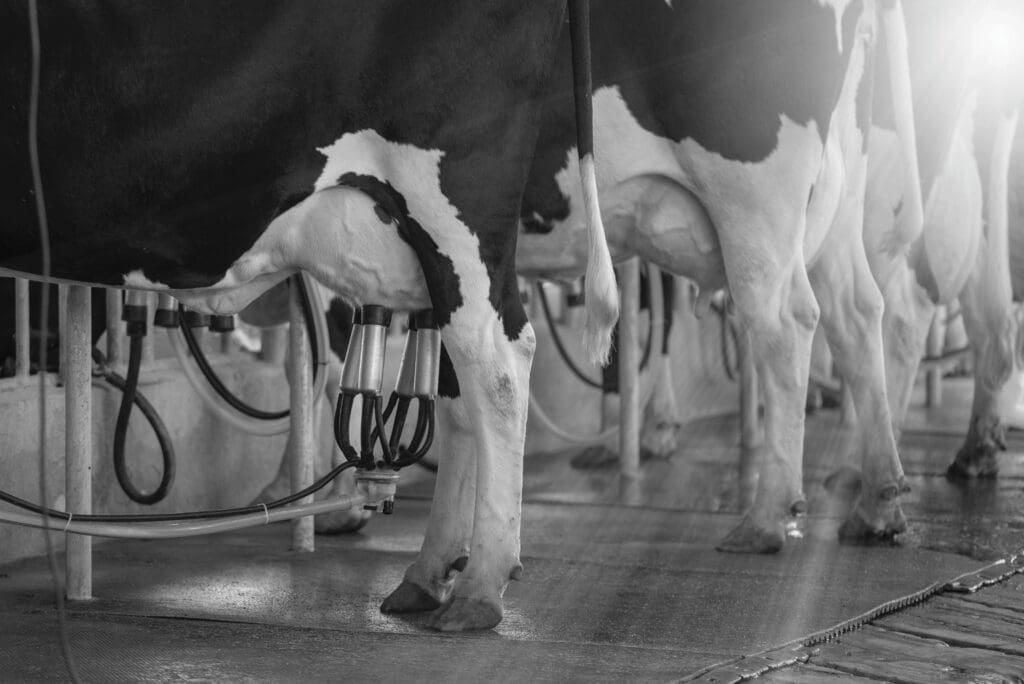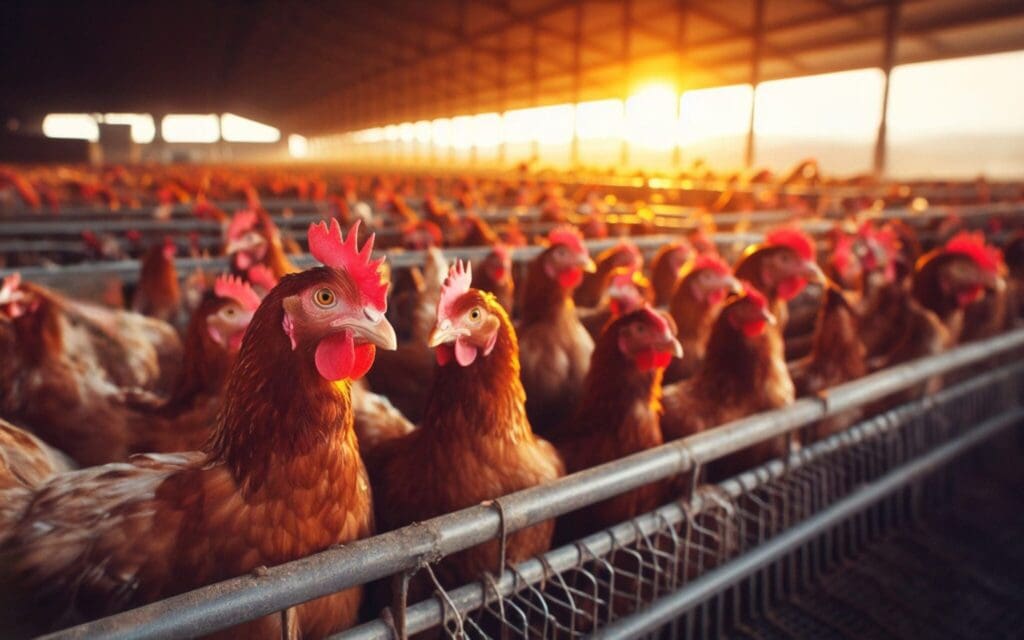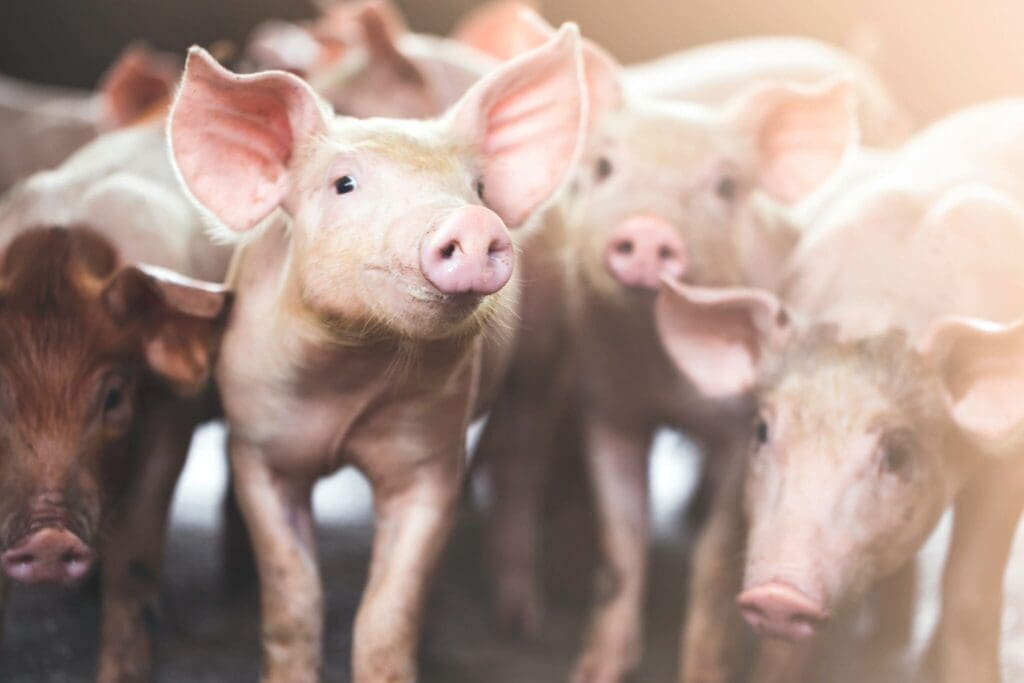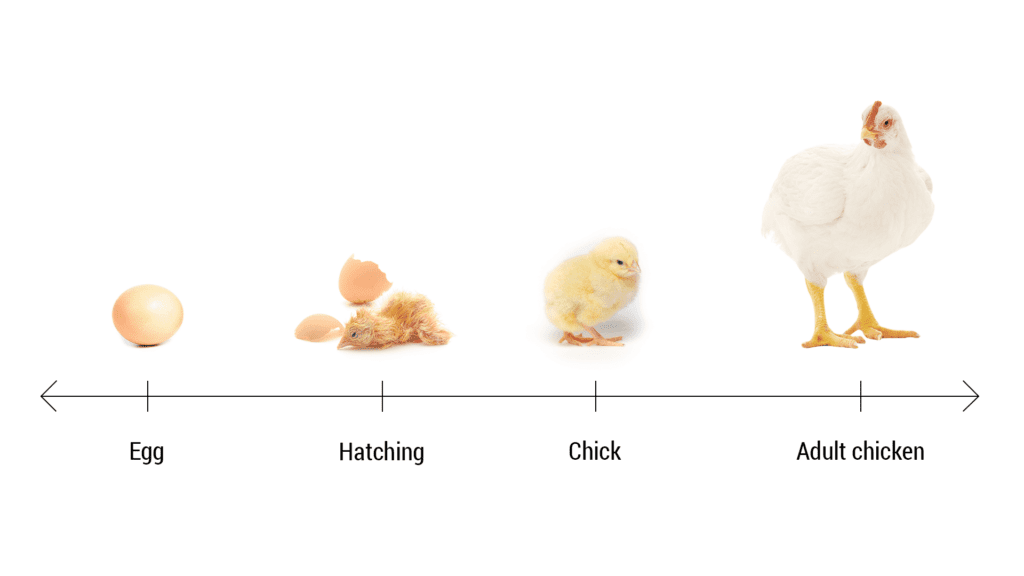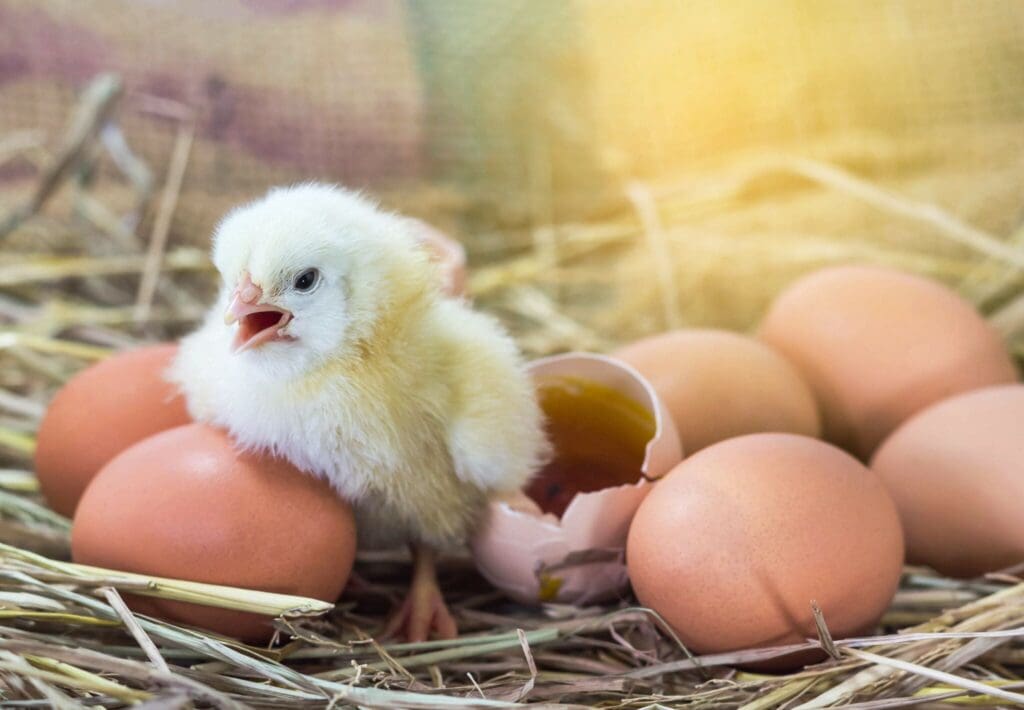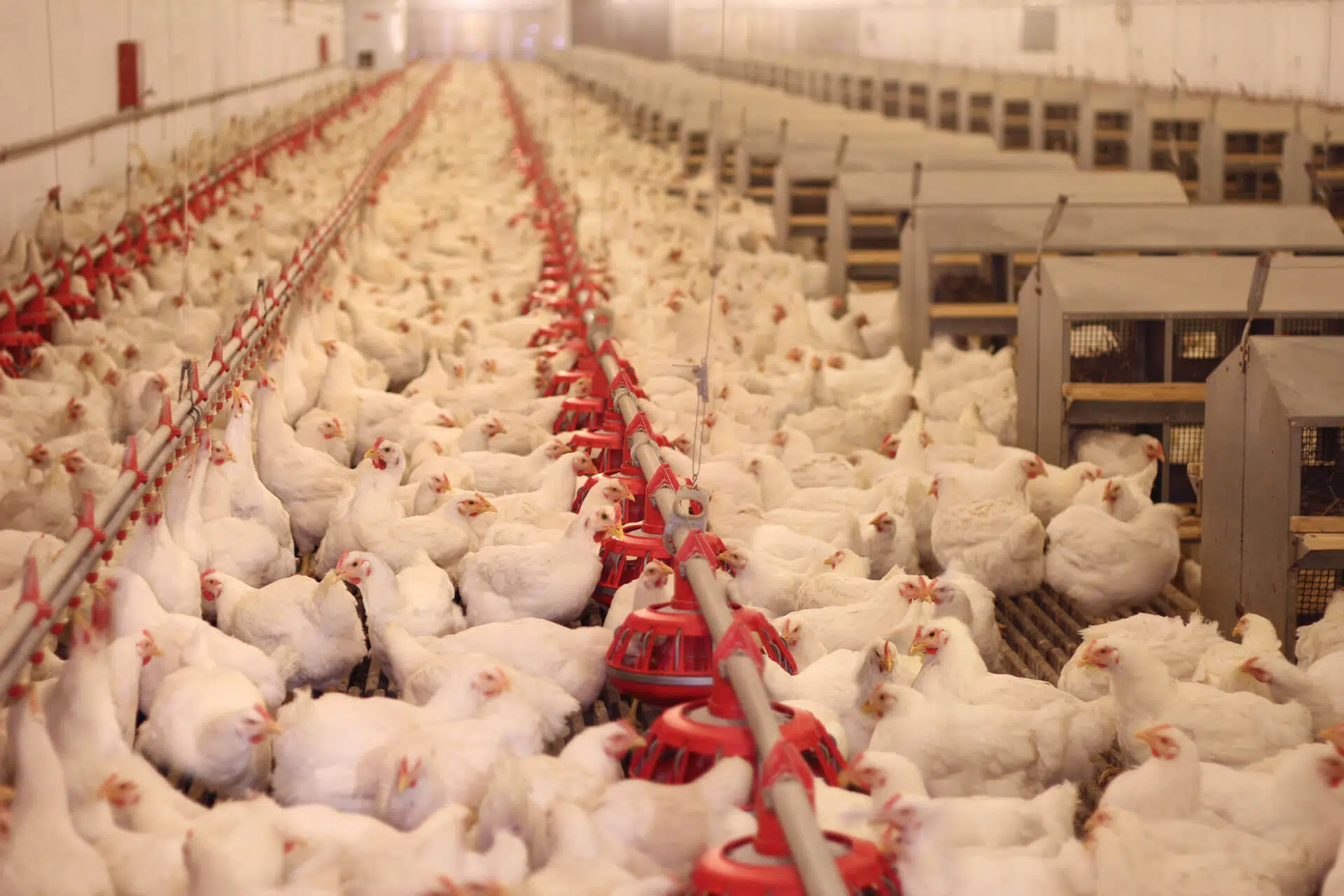Producers participating in the modern poultry industry have become more focused on improving feed efficiency, consequently increasing the growth rate of broilers. However, the removal of antibiotic growth promoters remains a pressure point in many parts of the world. The improvement in broiler performance is greatly influenced by the gastrointestinal environment. Factors affecting gut health include the genetic growth potential of broilers, the quality of the raw materials used in feed manufacturing, the environmental conditions of the houses, and disease outbreaks.
In order to achieve optimal gut health, the interaction between the gut and immune function, the microbiome and nutrition must be well understood. It is also the key to maintaining physiological functions for maximum feed efficiency. The microbiota residing in the gastrointestinal tract (GIT) have a significant impact on the health and welfare of broiler chickens due to their influence on nutrient absorption from the GIT, the intestinal physiology, the immune response to disease, and resistance to pathogen colonisation.
The gastrointestinal tract
The GIT is a structure with diverse functions and dynamics. The primary function of the GIT is the digestion of feed. During the process enzymes and microbial fermentation converts the feed into nutrients, which can then be absorbed.
The GIT has another important physiological function – it acts as a physical barrier against pathogens by forming the largest border between the host and the environment. The GIT is also considered the most important organ of the immune system as most of the cells of the immune system are found in the GIT. The gut lining forms the interface between foreign material, such as feed and microflora, and the bird.
Although most of the contents in the GIT are harmless, they can stimulate an immune response in the bird. Immune responses to GIT stimulation could have a negative impact on improving feed efficiency, as they require large amounts of energy and redirect nutrients away from growth.
The role of nutrition in gut health
Digested nutrients play an important role in the development and functionality of the GIT. Raw materials included in the diet of broilers can, therefore, affect the development and function of the digestive system, including the immune system and the microbial population.
Smaller proteins produced by the microbiota or the various digestive enzymes during the digestion of feed are absorbed by the epithelial cells in the lining of the GIT. These proteins can influence the ability of the GIT immune system to react to harmful components in the feed and maintain immune homeostasis.
The raw material composition of the broiler diet could also alter the composition and metabolism of microbiota in the GIT, thereby modifying the production of antimicrobial substances that can interfere with the growth and adhesion of harmful bacteria to the intestinal lining.
The role of microbes in gut health
The microbes present in the GIT contribute to several important physiological functions in broilers. Protective functions include harmful bacteria displacement, nutrient competition with harmful bacteria, receptor competition with harmful bacteria, and the production of antimicrobial factors in the gut. Structural functions include GIT barrier defences, tightening of tight cell junctions found in the gut lining, as well as the development of the immune system in the GIT.
The microbes have several metabolic functions, including the fermentation of non-digestible dietary components and the synthesis of essential vitamins. Several of the metabolites produced by the microbiota also stimulate the endocrine system in the GIT and the microbiota consequently plays an important role in the endocrine regulation of GIT functionality.
Factors such as changes in feeding practices, feeding an imbalanced diet, all forms of stress (including heat and disease), and poor management and hygiene conditions can result in an imbalance of the microflora. This has negative impacts on the functionality of the gastrointestinal defence system of the bird.
In conclusion
Maintaining gut health is essential for maximum feed digestibility and absorption, immune response regulation, and improved intestinal integrity. Managing gut health requires a holistic view of all the factors that can maintain the equilibrium in the GIT or cause a disruption of this equilibrium.
